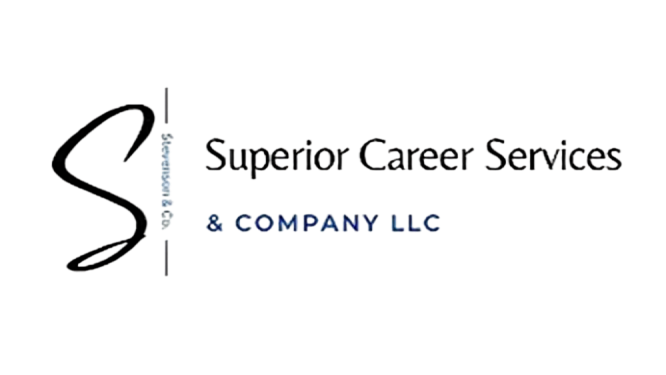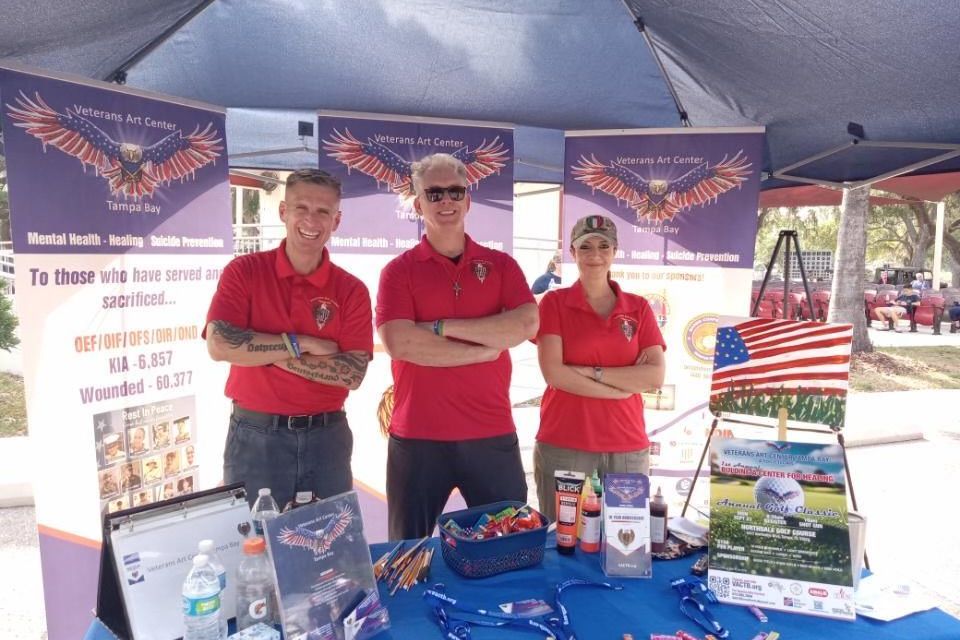
Unlocking Career Success
Unlocking Career Success: The Power of Search Advocacy and Strategy
In the evolving landscape of post-Covid career transitions, the journey to finding employment has undergone significant transformations. Similar shifts occurred after the .com bubble and the financial collapse, yet amidst these changes, one fundamental truth remains unchanged: the hiring process is fundamentally about relationships, interactions, and decisions aimed at finding common ground.
Artificial Intelligence (AI) has permeated mainstream consciousness, but its integration into Applicant Tracking Systems (ATS) and Vendor Management Systems (VMS) for job seekers has been ongoing for years. This integration brings both positive and negative consequences, shaping the recruitment landscape.
Despite the widespread use of AI, the belief that candidates can navigate the job search process alone, without guidance or representation, persists. But how can candidates navigate this complex environment effectively?
Enter Superior Career Services, born out of necessity in a world filled with moving pieces. In an era where strategic planning is paramount, having a clear approach to the job search process is more critical than ever.
Our founder and Chief Career Advocate recognized the void for comprehensive candidate representation. For years, we've observed numerous firms tout the job search process as a zero-cost endeavor for job seekers, often resulting in mediocre outcomes and overlooked talent falling through the cracks of recruitment and employment tenure.
At Superior Career Services, we bridge this gap by providing tailored search advocacy and strategy. We understand that success in today's job market requires more than just submitting resumes—it demands strategic positioning, advocacy, and support tailored to each candidate's unique journey.
In a world where the difference between success and failure hinges on navigating the complexities of the job market, having a dedicated advocate and a strategic approach can make all the difference. Choose Superior Career Services and embark on your journey to career success with confidence.
Unlocking Career Success: The Power of Search Advocacy and Strategy
In the evolving landscape of post-Covid career transitions, the journey to finding employment has undergone significant transformations. Similar shifts occurred after the .com bubble and the financial collapse, yet amidst these changes, one fundamental truth remains unchanged: the hiring process is fundamentally about relationships, interactions, and decisions aimed at finding common ground.
Artificial Intelligence (AI) has permeated mainstream consciousness, but its integration into Applicant Tracking Systems (ATS) and Vendor Management Systems (VMS) for job seekers has been ongoing for years. This integration brings both positive and negative consequences, shaping the recruitment landscape.
Despite the widespread use of AI, the belief that candidates can navigate the job search process alone, without guidance or representation, persists. But how can candidates navigate this complex environment effectively?
Enter Superior Career Services, born out of necessity in a world filled with moving pieces. In an era where strategic planning is paramount, having a clear approach to the job search process is more critical than ever.
Our founder and Chief Career Advocate recognized the void for comprehensive candidate representation. For years, we've observed numerous firms tout the job search process as a zero-cost endeavor for job seekers, often resulting in mediocre outcomes and overlooked talent falling through the cracks of recruitment and employment tenure.
At Superior Career Services, we bridge this gap by providing tailored search advocacy and strategy. We understand that success in today's job market requires more than just submitting resumes—it demands strategic positioning, advocacy, and support tailored to each candidate's unique journey.
In a world where the difference between success and failure hinges on navigating the complexities of the job market, having a dedicated advocate and a strategic approach can make all the difference. Choose Superior Career Services and embark on your journey to career success with confidence.
In the evolving landscape of post-Covid career transitions, the journey to finding employment has undergone significant transformations. Similar shifts occurred after the .com bubble and the financial collapse, yet amidst these changes, one fundamental truth remains unchanged: the hiring process is fundamentally about relationships, interactions, and decisions aimed at finding common ground.
Artificial Intelligence (AI) has permeated mainstream consciousness, but its integration into Applicant Tracking Systems (ATS) and Vendor Management Systems (VMS) for job seekers has been ongoing for years. This integration brings both positive and negative consequences, shaping the recruitment landscape.
Despite the widespread use of AI, the belief that candidates can navigate the job search process alone, without guidance or representation, persists. But how can candidates navigate this complex environment effectively?
Enter Superior Career Services, born out of necessity in a world filled with moving pieces. In an era where strategic planning is paramount, having a clear approach to the job search process is more critical than ever.
Our founder and Chief Career Advocate recognized the void for comprehensive candidate representation. For years, we've observed numerous firms tout the job search process as a zero-cost endeavor for job seekers, often resulting in mediocre outcomes and overlooked talent falling through the cracks of recruitment and employment tenure.
At Superior Career Services, we bridge this gap by providing tailored search advocacy and strategy. We understand that success in today's job market requires more than just submitting resumes—it demands strategic positioning, advocacy, and support tailored to each candidate's unique journey.
In a world where the difference between success and failure hinges on navigating the complexities of the job market, having a dedicated advocate and a strategic approach can make all the difference. Choose Superior Career Services and embark on your journey to career success with confidence.
Unlocking Career Success: The Power of Search Advocacy and Strategy
In the evolving landscape of post-Covid career transitions, the journey to finding employment has undergone significant transformations. Similar shifts occurred after the .com bubble and the financial collapse, yet amidst these changes, one fundamental truth remains unchanged: the hiring process is fundamentally about relationships, interactions, and decisions aimed at finding common ground.
Artificial Intelligence (AI) has permeated mainstream consciousness, but its integration into Applicant Tracking Systems (ATS) and Vendor Management Systems (VMS) for job seekers has been ongoing for years. This integration brings both positive and negative consequences, shaping the recruitment landscape.
Despite the widespread use of AI, the belief that candidates can navigate the job search process alone, without guidance or representation, persists. But how can candidates navigate this complex environment effectively?
Enter Superior Career Services, born out of necessity in a world filled with moving pieces. In an era where strategic planning is paramount, having a clear approach to the job search process is more critical than ever.
Our founder and Chief Career Advocate recognized the void for comprehensive candidate representation. For years, we've observed numerous firms tout the job search process as a zero-cost endeavor for job seekers, often resulting in mediocre outcomes and overlooked talent falling through the cracks of recruitment and employment tenure.
At Superior Career Services, we bridge this gap by providing tailored search advocacy and strategy. We understand that success in today's job market requires more than just submitting resumes—it demands strategic positioning, advocacy, and support tailored to each candidate's unique journey.
In a world where the difference between success and failure hinges on navigating the complexities of the job market, having a dedicated advocate and a strategic approach can make all the difference. Choose Superior Career Services and embark on your journey to career success with confidence.





